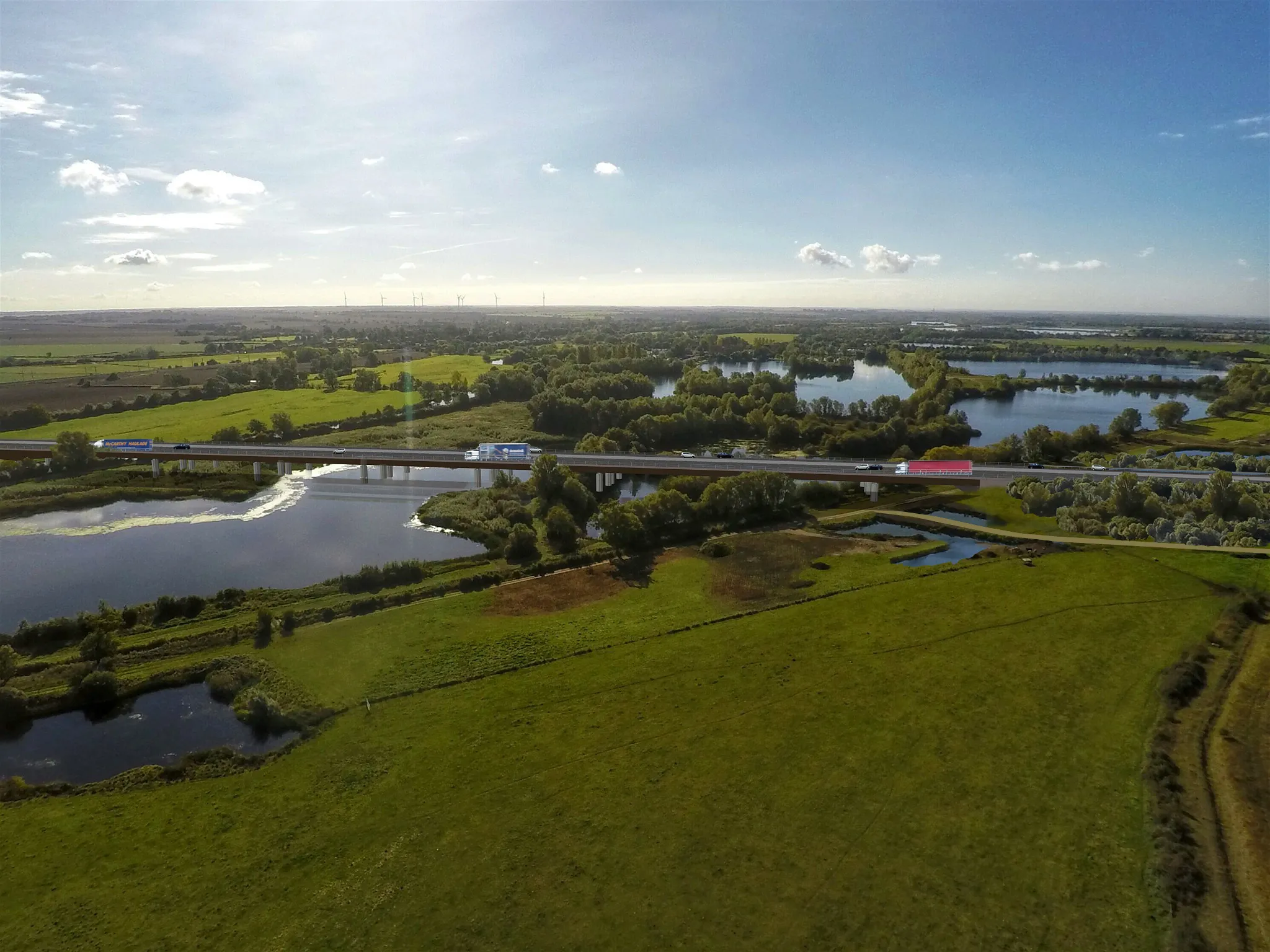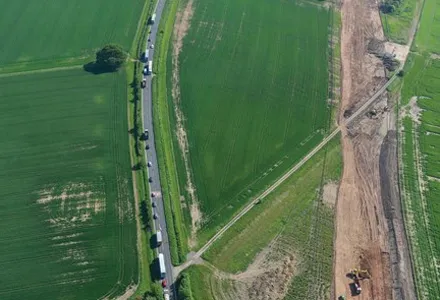A major new highway project connecting the UK’s university cities of Oxford and Cambridge has been proposed. A new study by the Department for Transport (DfT) has set out the case to improve connections between Oxford, Milton Keynes and Cambridge.
The Oxford to Cambridge expressway strategic study is one of a number of studies aimed at addressing some of the biggest challenges facing the road network in the UK. The study has been carried out by WSP | Parsons Brinckerhoff, CH2M and Steer Davies Gleave.
August 22, 2016
Read time: 2 mins
A major new highway project connecting the UK’s university cities of Oxford and Cambridge has been proposed. A new study by the 5432 Department for Transport (DfT) has set out the case to improve connections between Oxford, Milton Keynes and Cambridge.
The Oxford to Cambridge expressway strategic study is one of a number of studies aimed at addressing some of the biggest challenges facing the road network in the UK. The study has been carried out by2782 WSP | 2693 Parsons Brinckerhoff, CH2M and Steer Davies Gleave.
The report has found that a new link will improve journey times, up to 30 minutes along the length of the route, and support economic growth in the towns and cities on the Expressway. The new road would benefit commuters and businesses in Cambridge, Oxford and Milton Keynes – some of the fastest growing areas in the UK - and have a wider positive impact on Britain’s economy.
Transport Minister John Hayes said, “We are already spending £15 billion on the biggest upgrade to the road network for generations.”
The study is part of the government’s next phase of road improvements, which will get underway from 2020. The current Road Investment Strategy period covers 2015 to 2020. Further proposals on the route of the expressway will now be developed.
The Oxford to Cambridge expressway strategic study is one of a number of studies aimed at addressing some of the biggest challenges facing the road network in the UK. The study has been carried out by
The report has found that a new link will improve journey times, up to 30 minutes along the length of the route, and support economic growth in the towns and cities on the Expressway. The new road would benefit commuters and businesses in Cambridge, Oxford and Milton Keynes – some of the fastest growing areas in the UK - and have a wider positive impact on Britain’s economy.
Transport Minister John Hayes said, “We are already spending £15 billion on the biggest upgrade to the road network for generations.”
The study is part of the government’s next phase of road improvements, which will get underway from 2020. The current Road Investment Strategy period covers 2015 to 2020. Further proposals on the route of the expressway will now be developed.







